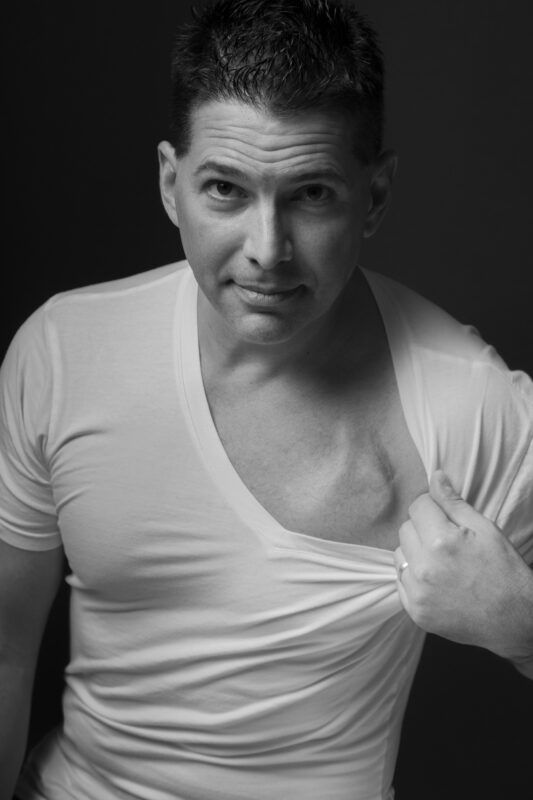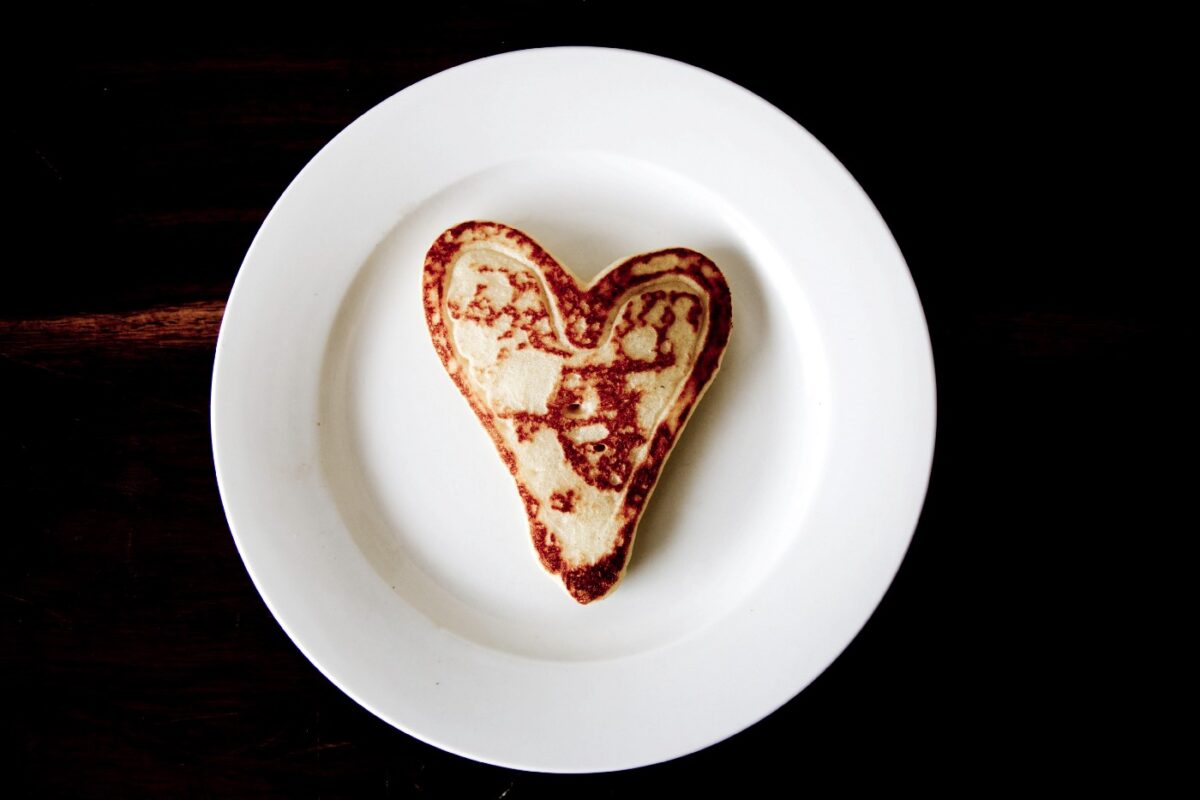We all want to be healthy. And we all know how important a healthy diet is. (After all, kale has never been more prevalent in our society.) While the majority of coronary heart diseases can be attributed to diet, it may surprise you to know that being healthy isn’t all about what you eat. We have to have a more holistic approach to wellness.
When I was diagnosed with hypertrophic obstructive cardiomyopathy, I knew that I was at risk of sudden cardiac arrest, as well as going into paroxysmal atrial fibrillation (also known as A-fib — an irregular, rapid heart condition that causes poor blood flow and puts me at risk for strokes). So while I always led a healthy lifestyle, I immediately started living an even healthier lifestyle.
I’ve since discovered certain triggers that send me into A-fib, like too much sugar, caffeine, and alcohol. These made sense to me, as they were physical triggers. I changed my habits to be the healthiest version of myself. In the past, I always exercised four to five times a week, but I actually started exercising six to seven days a week, I stopped drinking caffeinated coffee, and I started eating incredibly well. I stay healthy to stay alive.
But even doing all these things on a regular basis, I still went into A-fib just last weekend.
The funny thing is, in many ways, I see myself as the physical manifestation of all of us. We all have our triggers — it’s just that the majority of us don’t get such a physical reminder when those triggers have been abused. When I go into A-fib, my heart literally feels like it is jumping out of my chest. My reaction is extreme, but we all have some variation of that reaction to our various triggers.
The reason I went into A-fib this time?
Stress.
My life is upside down right now. When it rains, it pours, right? My business life feels like it is in shambles, and I’ve been left to pick up the pieces. I’ve been under such an exorbitant amount of stress that even exercising seven days a week wasn’t calming me down and helping my stress. So, even though stress has never been one of my triggers before (to my knowledge), I went into A-fib during a Friday meeting after weeks of constant stress.

When I go into A-fib, it’s essentially like I’m working out 24/7. The atrial muscle is beating at a much higher rate than normal, as if I were running, but the rest of my heart is beating normally. It’s a very uncomfortable feeling and usually doesn’t go back into normal rhythm on its own. When this happens, it usually costs me thousands of dollars in medical procedures and a whole day off for the procedures to be performed. This time, my electrophysiologist had me take an anti-arrhythmia drug that has never worked for me before, and my heart actually went back to normal within an hour.
I’m grateful for that, but it was also a wakeup call for how important mental health is for our physical health. Stress isn’t just something you carry inside your brain. It has real ramifications. You can physically see the ramifications on my body, but for others, just because you can’t see them doesn’t mean they’re not there. More medical research is needed on what the exact relationship is between stress and heart attacks, but doctors agree that there is a relationship.
Stress exposes your body to elevated levels of unhealthy stress hormones like adrenaline and cortisol. Studies have also linked stress to changes in the way the blood clots, which increases your risk for a heart attack. Yet other studies have suggested that when you’re stressed, your body signals to the bone marrow to produce extra white blood cells, which inflames your arteries. While you can’t feel these things happen, we’ve all heard of people who have suddenly “dropped dead” of a heart attack without any other symptoms.
When you feel stressed, do you feel knots in your stomach? Do you get headaches? There are many forms stress can take. You may not go into A-fib, but it’s having lasting effects on your body nonetheless.
After this episode, I’m making some changes to my lifestyle (again). Here are some of the changes I’m making to reduce stress that you can take into your own life, too.
-
Stop working after hours. The work will still be there tomorrow. Your to-do list is not magically going to shrink if you work overtime. There’s always work to be done. Right now, I could literally work eighteen hours a day and not run out of work to do. But is that fair to me? To my family? To my kids? To my health? No. I asked my assistant last week when she mentioned she was working late and on the weekends — why? We glorify working long hours in America. Again: the work will be there tomorrow. I can’t compromise my sanity and safety for a job anymore. You shouldn’t either.
-
Drink electrolyte water. I have always made sure to stay hydrated because I know how important that is. But recently, I’ve taken to choosing electrolyte water over regular tap water. Electrolytes can help supply your body with vital minerals, especially as it heats up. Since I was already drinking water, I found a way to make that simple act a little healthier for me. You’d be surprised where you can fit in healthier habits.
-
SLEEP. I always try to make sure I get in 8–9 hours of sleep every night. Your heart is a muscle, and it needs rest, just like anything else. It’s no coincidence that when I stopped sleeping as much last week due to the stress I was under, I went into A-fib. Our bodies need to sleep in order to operate at full efficiency. There have been more and more studies on the importance of sleep in the past several years. It’s simply a non-negotiable. When we get so busy that we don’t have any time, we scrape that time out of our sleep schedule. But you’re ultimately costing yourself time, money, and your health. It’s just not worth it.
Most people are not going to get such a rude (and painful) wakeup call on how stress is impacting them. But don’t be fooled. The stress you’re feeling is having a physical impact on your body, whether you have a jumping bean inside your chest or not.
To take care of your body, you have to take care of your mind too. It’s not all about your diet.
